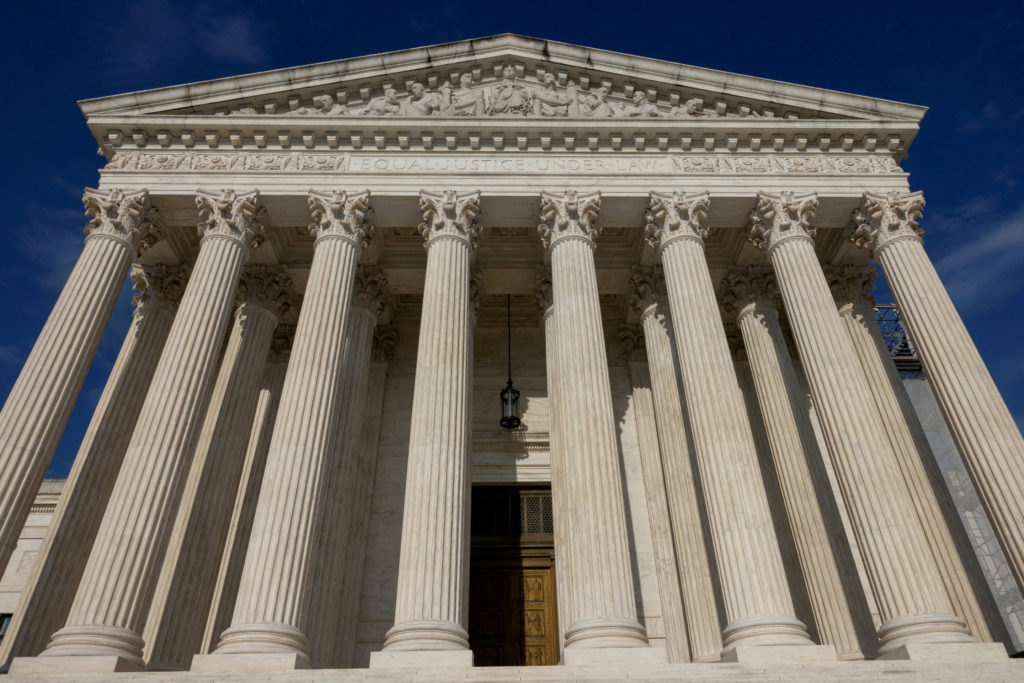Summary
The Supreme Court is reviewing the legality of tariffs imposed by former President Donald Trump, which were challenged as being illegally enacted under emergency powers. The tariffs, affecting imports from many countries, remain in place as the court prepares for arguments in November. The case explores whether such presidential actions require Congressional approval.
Key Facts
- The Supreme Court is quickly reviewing former President Trump's tariffs imposed on global imports.
- Lower courts found many of these tariffs illegal, but they remain active for now.
- Trump’s administration claims that removing the tariffs could harm the U.S. economy.
- The case examines if the president can set tariffs without Congress under the International Emergency Economic Powers Act (IEEPA).
- These tariffs were implemented declaring national emergencies, including tariffs from April and February 2020.
- Revenue from tariffs has significantly increased, generating $159 billion by late August.
- The Trump administration argues removing the tariffs could affect trade negotiations and economic strategies.
- Trump's tariffs on steel, aluminum, and autos are separate from this case and are still in effect.
